Ebola: ‘It’s very difficult to make predictions’
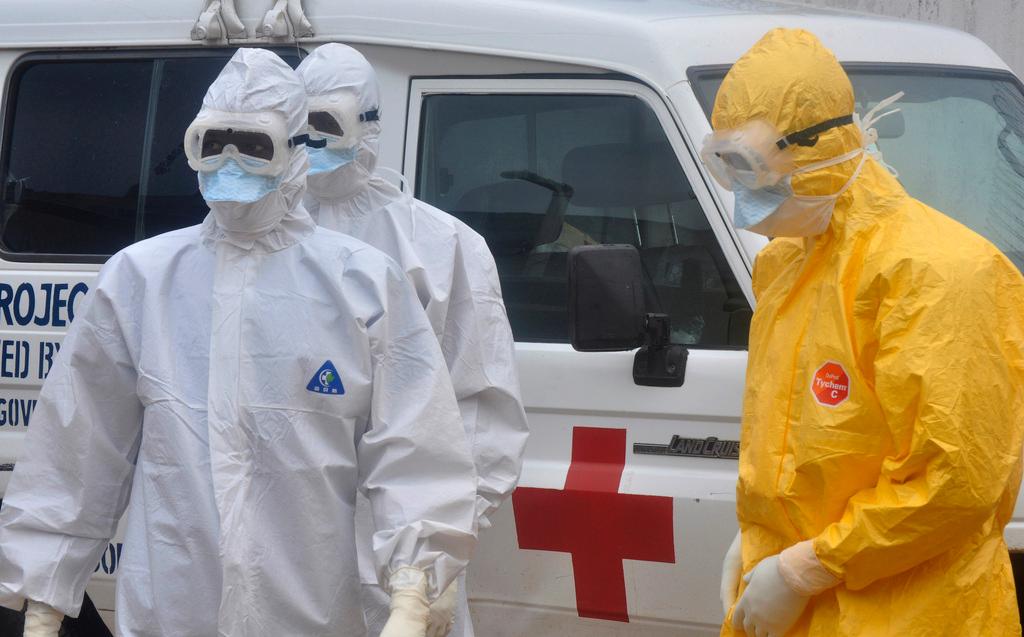
As the Ebola virus continues to ravage parts of West Africa, the World Health Organization (WHO) this week predicted there could be 5,000-10,000 new cases a week by December. To date, 4,447 deaths have been recorded from the 8,914 cases reported.
But Sylvie Briand, director of the department for pandemic and epidemic diseases at the WHO, remains hopeful that the spread of the disease can be curtailed within the coming months.
She tells swissinfo.ch about the international response to the epidemic and responds to criticism the WHO has been slow to react.
swissinfo.ch: Ebola has already claimed more than 4,000 lives in West Africa. Is the worst yet to come?
Sylvie Briand: It’s very difficult to make predictions. In certain areas, the rate of new contaminations is slowing and the epidemic curve is declining. However, in the towns, where it’s more difficult to control, the epidemic is increasing.
swissinfo.ch: You recently spoke of a ‘war’ against the virus. Does this kind of language reflect the reality on the ground?
S.B.: Perfectly. Ebola is not a trivial virus and is not like common infectious diseases. This invisible and rampant enemy is triggering a general panic. Even if the task is very difficult, we want to win this war. With the right resources, we should be able to overcome the disease within a few months, thus avoiding it becoming endemic.
This hope springs from the current research. I’m convinced that we are going to rapidly find an anti-viral drug or a post-exposure vaccine that will allow us to treat the sick. We certainly won’t eradicate it definitively, but we could at least reduce its rate of mortality.
swissinfo.ch: When will these treatments be available?
S.B.: Certain anti-viral flu treatments will be available within a few months to deploy against Ebola – should they prove to be effective. Other specific medications are in trials. Some have already had very positive results in animals. Now it is about carrying out studies using healthy volunteers to determine the risks of toxicity.
There are also studies for a vaccine. That will take a bit more time, but still we are talking about months. The difficulty will be in producing sufficient quantities to roll out to the countries concerned.
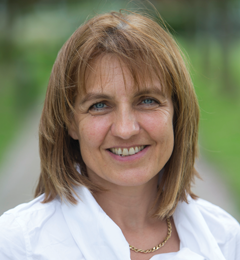
swissinfo.ch: Was the WHO slow to recognise the gravity of the epidemic?
S.B.: No. We knew from the beginning that this epidemic was serious and we did not treat it lightly. But it’s true that the magnitude of the epidemic rapidly overwhelmed our capabilities and we had to call on other UN agencies and partners to help us.
swissinfo.ch: Why was it that between the identification in November 2013 of ‘patient zero’ – the first person to have contracted the disease – and the launch of the international campaign, the WHO left NGOs to fend for themselves?
S.B.: The epidemic was only confirmed in March 2014 because the initial findings pointed to a cholera epidemic. The delay in diagnosis hampered control of the epidemic. But as soon as it was declared, we activated the appropriate mechanisms. Our principal mission is to guarantee international health safety, so we mobilised the neighbouring countries to ensure the virus did not spread further.
WHO: ‘We botched it’
On October 17, the WHO admitted it botched attempts to stop the now-spiraling Ebola outbreak in West Africa, blaming factors including incompetent staff and a lack of information.
“Nearly everyone involved in the outbreak response failed to see some fairly plain writing on the wall,” WHO said in a draft internal document obtained by The Associated Press, noting that experts should have realised that traditional containment methods wouldn’t work in a region with porous borders and broken health systems.
The UN health agency acknowledged that, at times, even its own bureaucracy was a problem. It noted that the heads of WHO country offices in Africa are “politically motivated appointments” made by the WHO regional director for Africa, Luis Sambo, who does not answer to the agency’s chief in Geneva, Margaret Chan.
Peter Piot, the co-discoverer of the Ebola virus, agreed in an interview on Friday that WHO acted far too slowly, largely because of its Africa office.
“It’s the regional office in Africa that’s the frontline,” he said. “And they didn’t do anything. That office is really not competent.”
swissinfo.ch: Has the response from the international community been adequate?
S.B.: If we want to end this epidemic faster, a greater commitment is necessary. This epidemic highlights the weaknesses of existing health systems. It appeared in extremely poor countries, which generally have one doctor for 100,000 people. More than 400 health professionals have already died, which further weakens the health system.
swissinfo.ch: Fears connected with Ebola have also appeared in recent weeks in Western countries, with the first reported cases in Spain and the United States. Are we not yielding to a certain panic?
S.B.: Countries which have strong health systems have obviously got more resources to fight the virus. In particular, they can control each link in the chain of transmission and so will not be confronted with such an explosive situation. But the fear is understandable, especially among health professionals who may be confronted with dealing with Ebola.
swissinfo.ch: Other diseases like malaria, tuberculosis and AIDS cause millions of deaths each year around the world. Is there a risk that the international community will focus too much on Ebola in the coming months?
S.B.: Identical fears were raised when HIV/AIDS appeared 30 years ago. At the moment, 30 million people around the world have the disease. We cannot talk only in terms of casualties; it’s about evaluating the real risks. Ebola is an extremely lethal disease and we have to do everything to ensure it doesn’t spread further.
swissinfo.ch: What lessons can we learn from this Ebola epidemic?
S.B.: Vaccines and rising living standards have ended large epidemics like the plague or cholera, which regularly appeared during the course of previous centuries. But we shouldn’t forget to learn how to live with the microscopic beings which surround us.
Viruses are the big health challenge of the 21st century. In the 20th century, bacteria represented the main threat. Thanks to antibiotics, a large number of bacterial diseases can be treated. That’s why it’s very important to invest massively in research to find anti-viral drugs or vaccines adapted to emerging viruses.
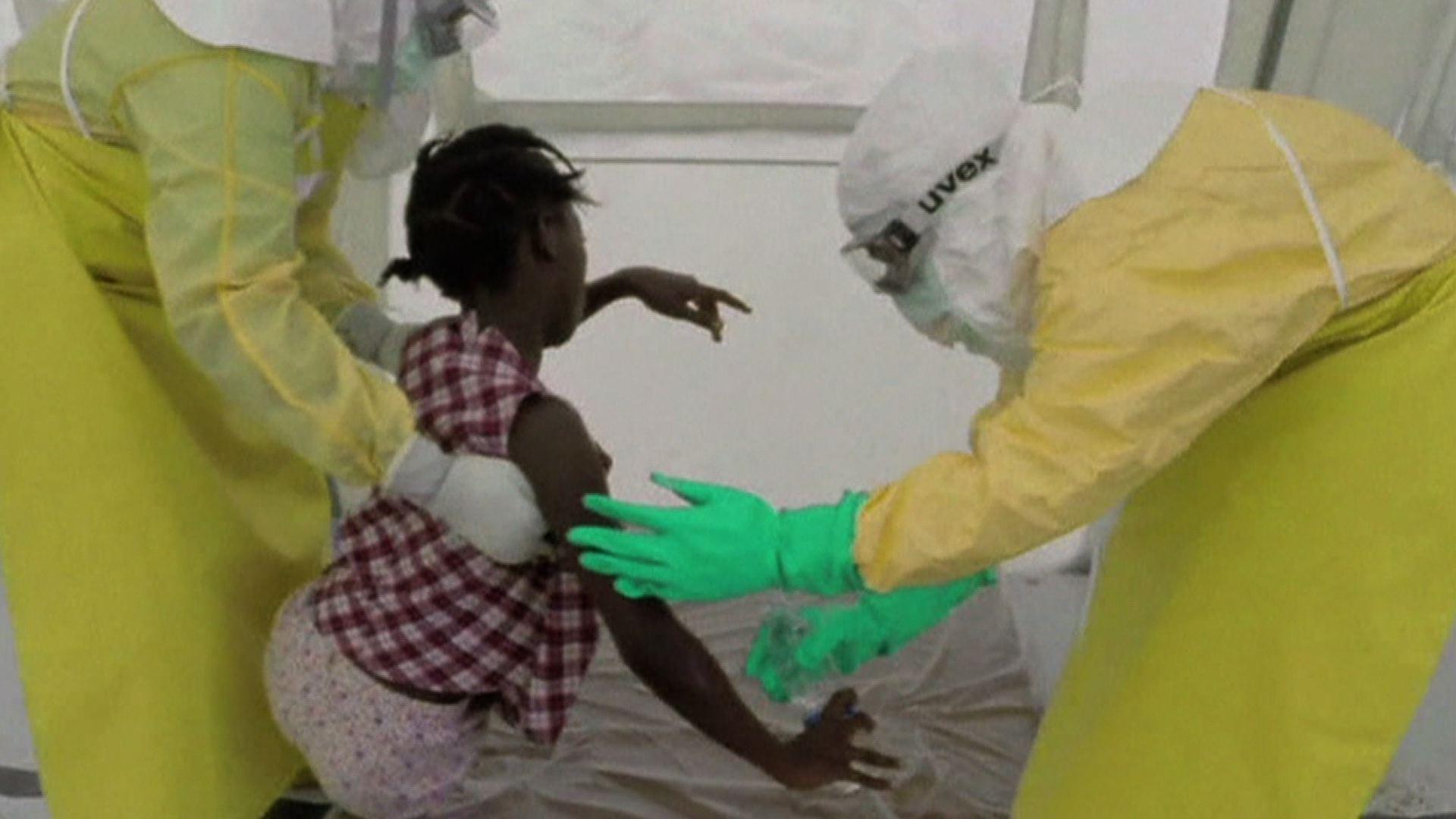
More
Ebola – the view from inside a camp
For the first time, Switzerland has put in place a national coordination team to prepare the country for the fight against Ebola, a disease described by the United Nations Security Council as a “threat to international peace and security”.
The task force created by the Federal Office of Public Health brings together doctors and representatives from a dozen cantonal hospitals. However, the role of the government is limited to coordination between the different hospitals in the event of a patient turning up with the disease.
The health office has also taken steps regarding people living in Switzerland whose origins are from countries where the disease is present. In mid-August a letter was sent to citizens of Guinea, Liberia and Sierra Leone to advise them of precautions to take if travelling in the region. It also provided medical advice in case of a visit from a family member or friend to Switzerland.
(Translated from French by Sophie Douez)

In compliance with the JTI standards
More: SWI swissinfo.ch certified by the Journalism Trust Initiative










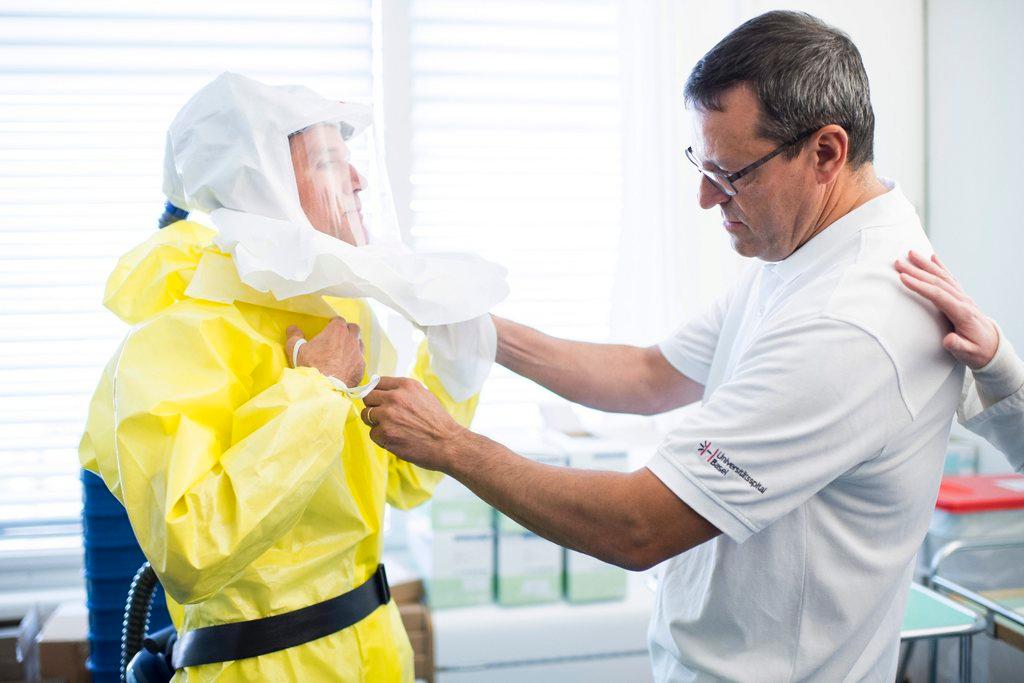
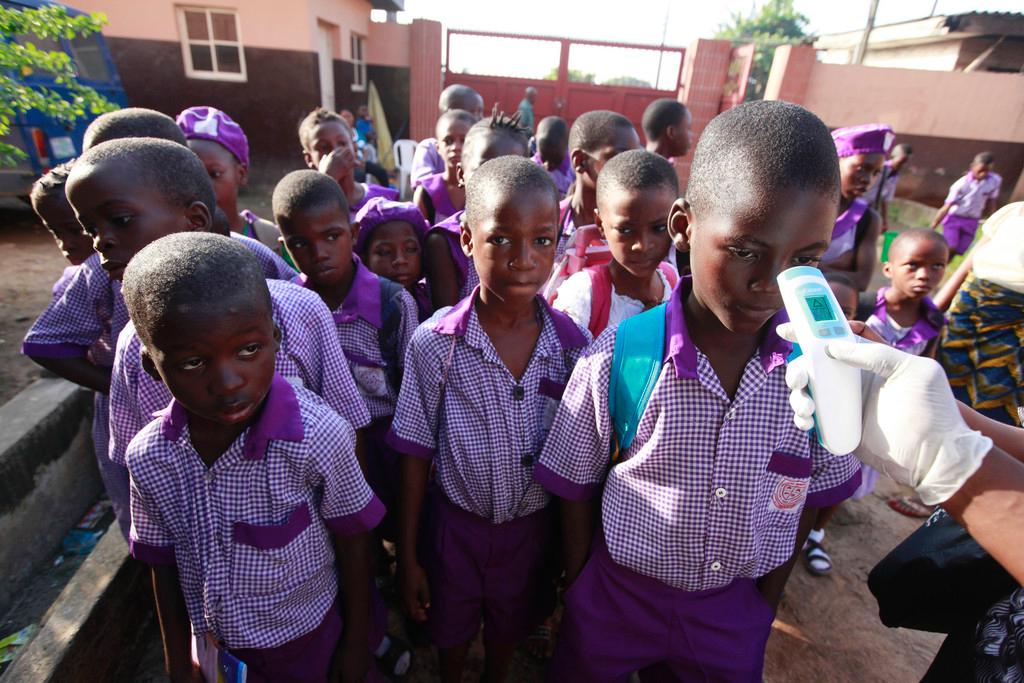
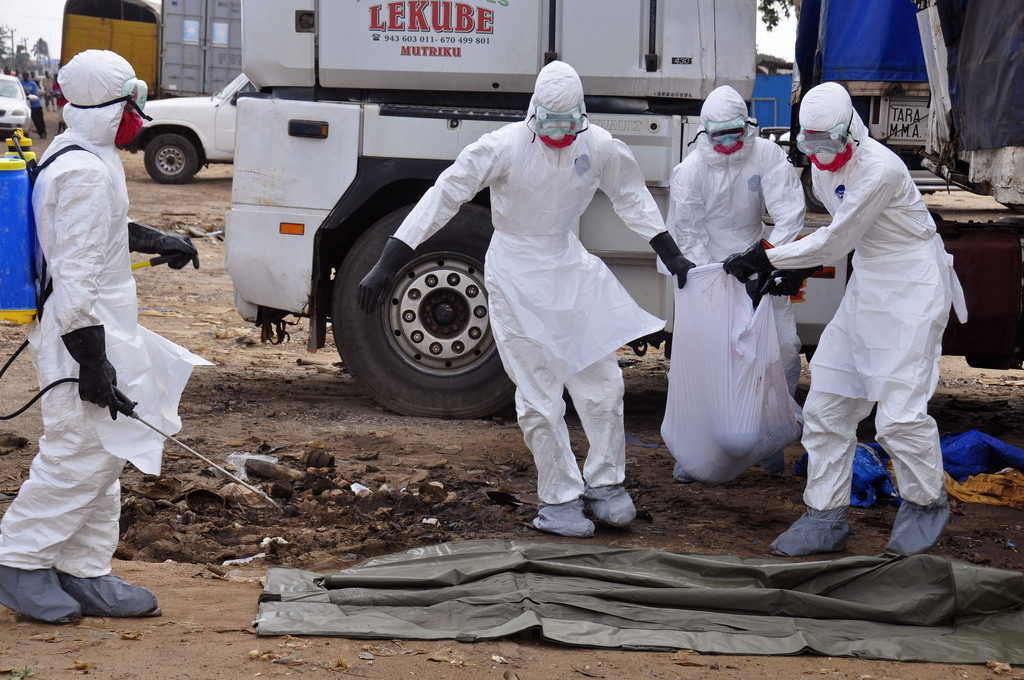
You can find an overview of ongoing debates with our journalists here . Please join us!
If you want to start a conversation about a topic raised in this article or want to report factual errors, email us at english@swissinfo.ch.